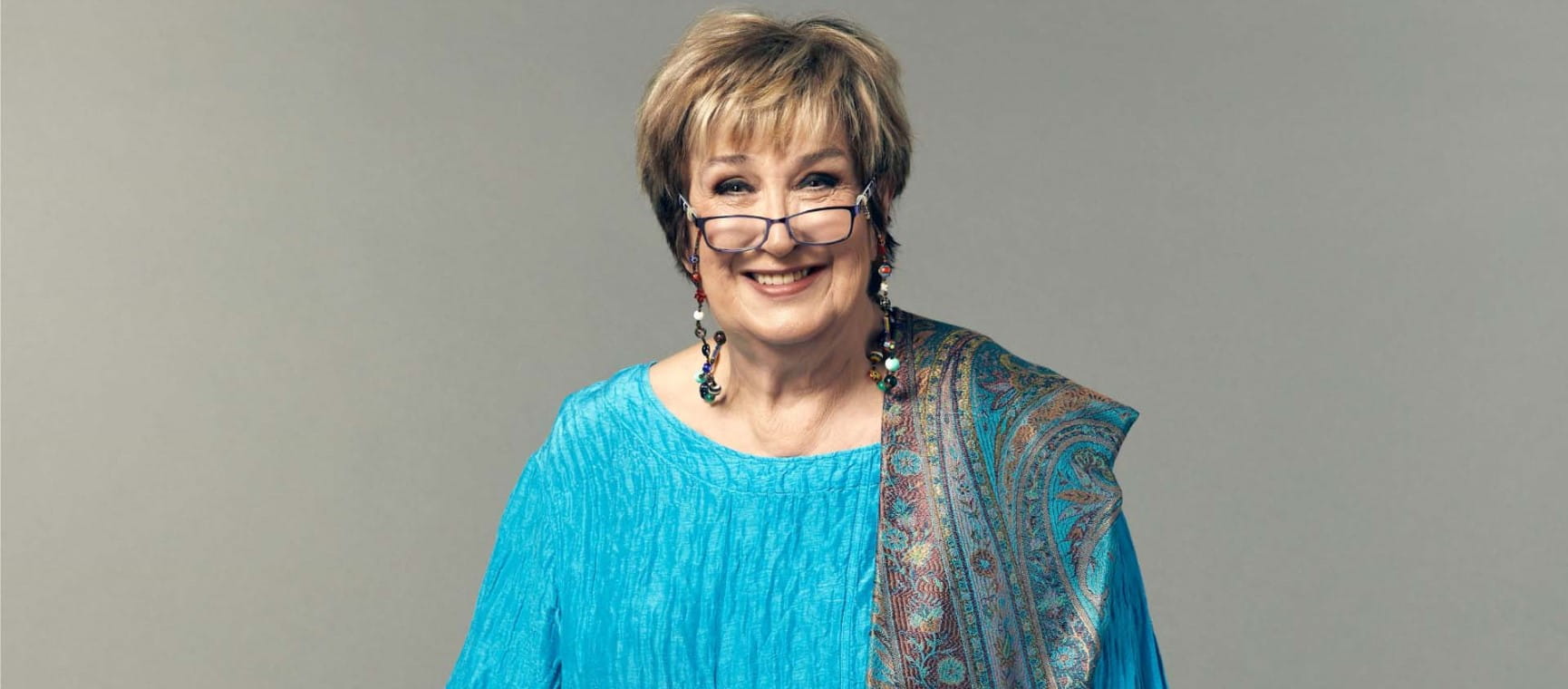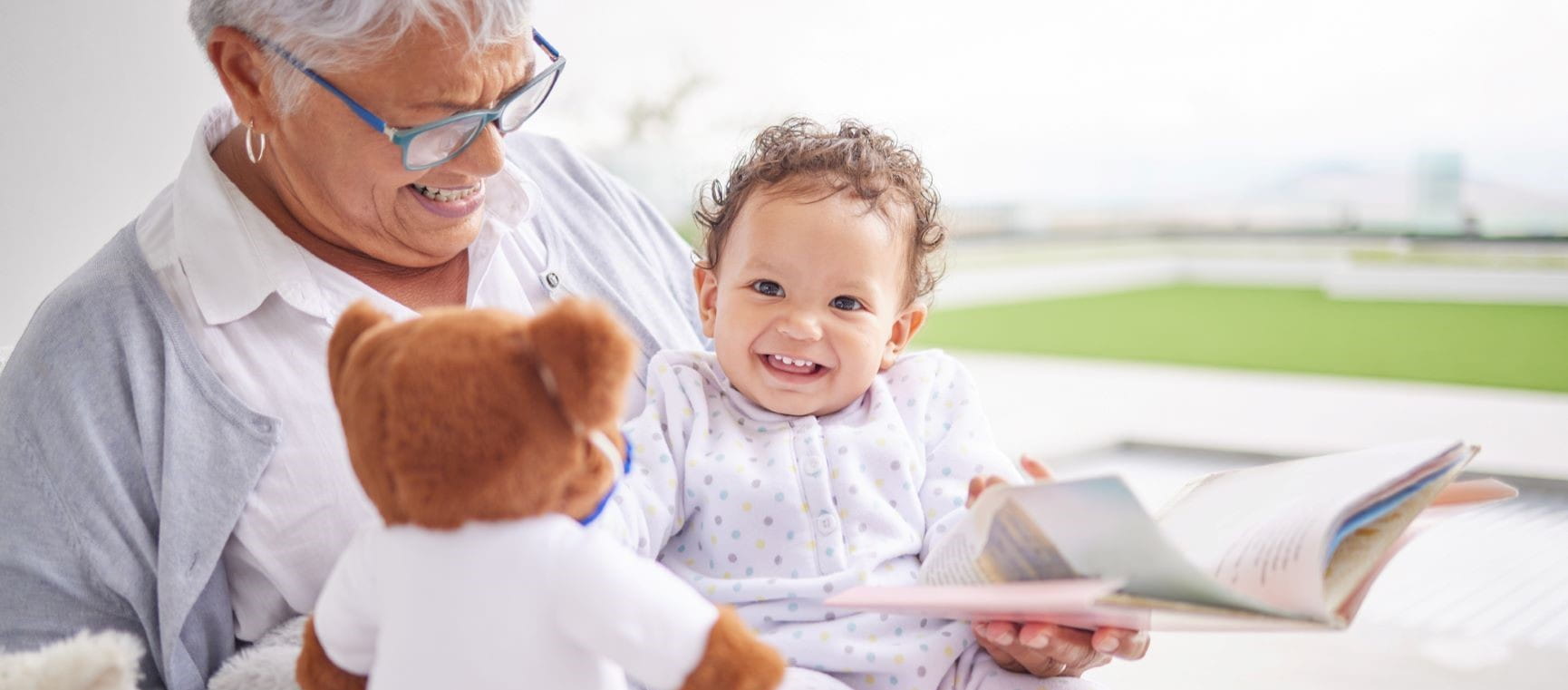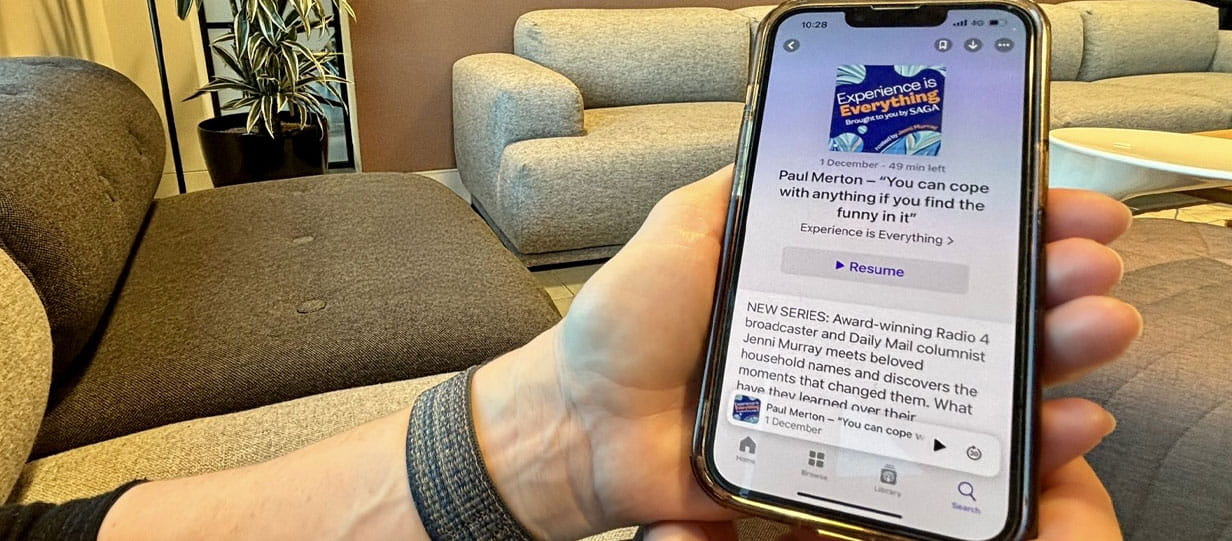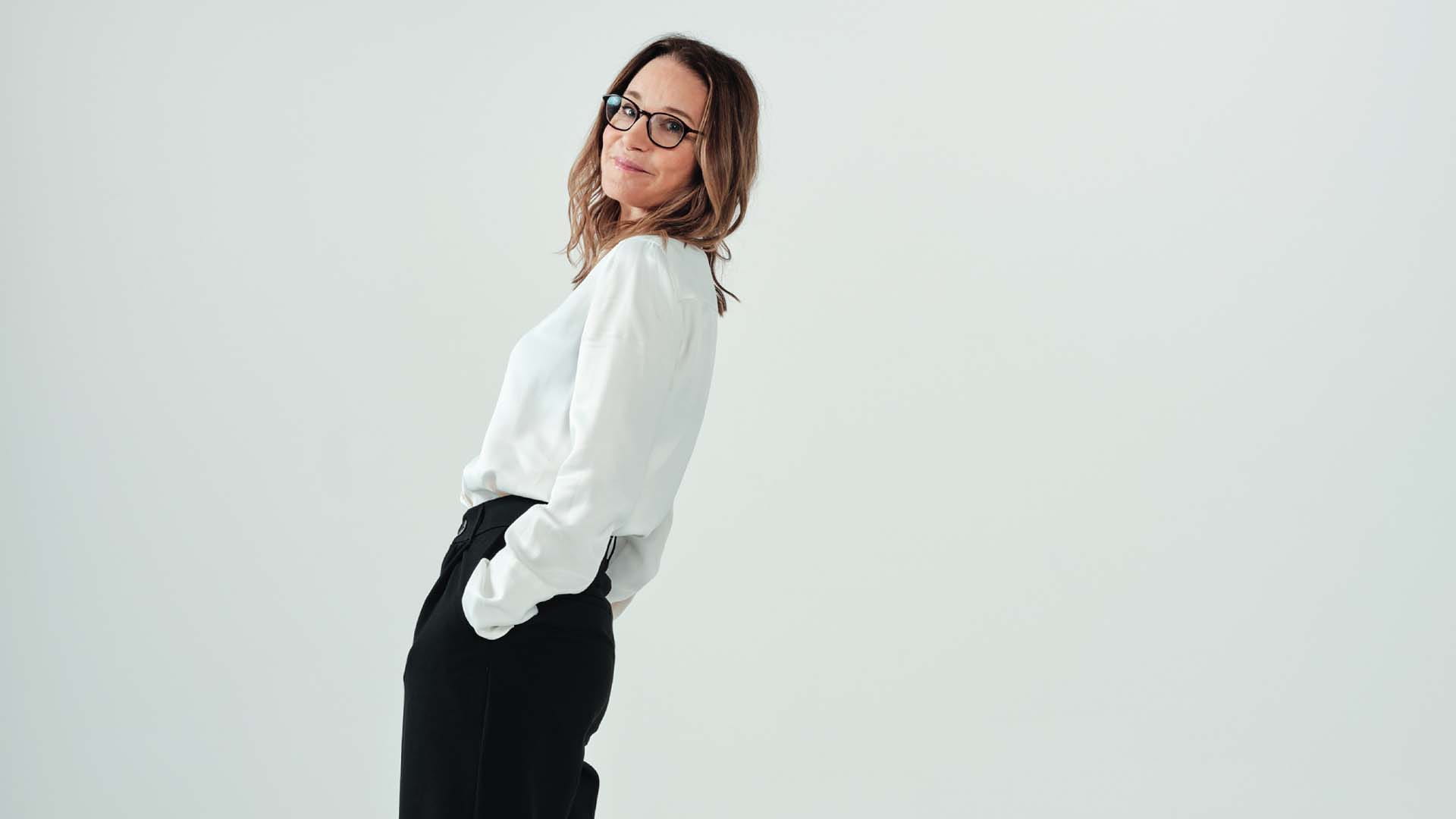Life
Inspirational experiences. Real life insights. The truly exceptional stories that spark a new way of thinking.

Jenni Murray: why she has a secret, protective fondness for the Royal Mail
Now that Denmark has closed its postal service, our columnist wonders if the new billionaire owner of the Royal Mail will follow suit?

New UK eye-test driving laws: will they affect you?
Proposed regulations could force compulsory vision tests on millions of older motorists.

The good grandparent guide - expert tips for first-timers
The joy of a first grandchild can also create new challenges. We've got the best advice on how to navigate becoming a first-time grandparent.

The best new cars for 2026 – are they worth the wait?
Electric models are set to dominate the market next year, including a flood of budget Chinese brands.

My husband and I are at loggerheads about spending

How to listen to a podcast
New to podcasts? Here’s our straightforward guide to finding them, playing them and enjoying them.

Mark Palmer on his attempts at being an entrepreneur

Hunter Davies on why we need adventure and love whatever our age

Paul Lewis: December money news
Car insurance compensation, money off electricity bills, the upcoming rise in pensions and a Christmas bonus.

We kissed but there was no chemistry. Should I be worried?
Dr Miriam Stoppard tells a woman whose new relationship lacks physical fire to allow time for the spark to build up into a blaze.

Will my brother-in-law’s affair ruin Christmas? Anne Robinson advises

Susie Dent on festive words and phrases

Our best Christmas beauty gifts

Paul Lewis: December money news
Play our free daily puzzles
Beat the boredom and exercise your mind with our selection of free puzzles.

For a limited time, enjoy 3 issues of Saga Magazine for just £1. Receive the next 3 print editions delivered direct to your door, plus 3 months’ unlimited access to the Saga Magazine app—perfect for reading on the go.
Don’t miss your chance to experience award-winning content at an exceptional price.



